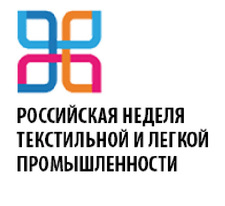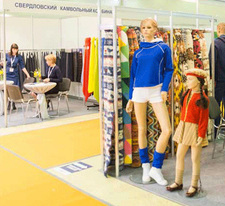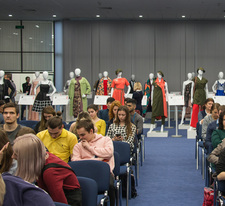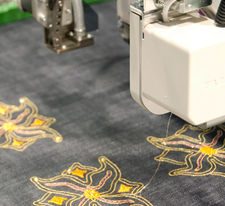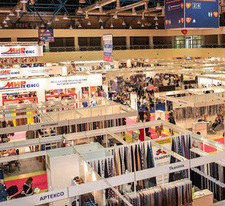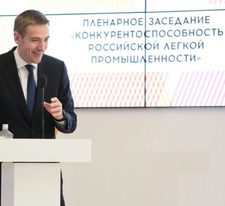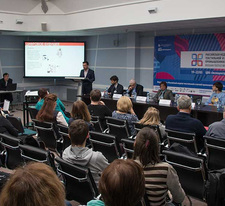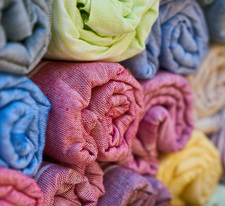Raw materials issue at the Russian Light Industry Week
March 19, 2019 in the framework of The Russian Textile and Light Industry Week held a conference "Raw materials issue in the domestic textile and light industry", which examined the possibilities of the agro-industrial complex of Russia and large enterprises of the Russian chemical industry in providing various types of raw materials to light industry enterprises. The conference participants analyzed the state of affairs in various raw materials segments: cotton, flax, hemp, polyester, cellulose, leather, wool, discussed the prospects for the development of these areas, told about federal and regional programs to support producers of raw materials for the textile and light industry, etc.

During the conference Tigran Harutyunyan, Deputy Director of the Industrial Policy Department of the EEC, noted that the Union countries have various types of raw materials for the light industry of the entire EAEU region. But the proper division of labor in this sector is currently not established, with the exception of individual local projects.
Together with The Ministry of Agriculture of the Russian Federation has outlined the promotion of projects on flax growing and complex processing of flax fiber on the basis of regional/interregional clusters. The growing demand for high-quality flax raw materials and generally favorable natural conditions for this industry predetermined a joint program with the Ministry of Agriculture to create 10 large flax complexes in the Russian Federation.
In the wool sector, since 2017, a state subsidy for the production of wool for Russian processors has been provided. There is a state subsidy for flax, but here, according to experts, a subsidy is advisable not based on a hectare of flax space, but on the final output of commercial flax and flax fiber.
As for leather raw materials, the prolongation of the ban on the export of semi-finished products from these raw materials has a positive effect. But, again, this effect is offset by a sharp drop in the number of cattle in the EAEU in 2018. Therefore, the issues of forming a raw material base for the light industry are unsolvable without coordination with the national Ministries of agriculture.
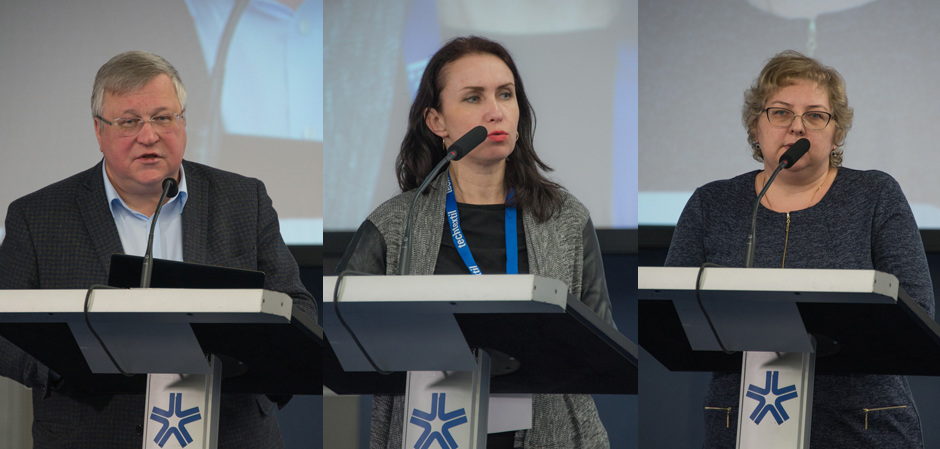
The production of polyamide, polyester and related products has good prospects, taking into account trends in Russia and Belarus. But these prospects, according to Irina Ivanova, Deputy Director of the Department of Light Industry and Timber Industry of the Ministry of Industry and Trade of Russia, «would be more significant if the well-known, moreover long-standing, project of the Ivanovo Polyester Complex was implemented.». But this project, at least in the Ivanovo region, will not take place. And for the most part, there is still a shortage of oil and gas chemical raw materials for the light industry in the Russian Federation, unlike Belarus. In this connection, it is advisable to consider the possibilities of cooperation in this segment.
Natalia Murashko, Head of the Department of Foreign Economic Relations of the State Concern Bellegprom, also proposed to develop a cooperative Russian-Belarusian program for the cultivation and processing of flax, including sections on the production of long flax fiber, flax-growing and flax harvesting equipment. According to the expert, Orsha Flax Processing Plant could become a central participant of the program from the Belarusian side.
Soyuzlegprom President Andrey Razbrodin agreed with the above estimates and suggestions. But he stressed the absurdity of the situation when the Russian Federation, being one of the few leaders in the global oil and gas market, "still does not have adequate capacities for complex processing of oil and gas raw materials." Mr. Razbrodin also mentioned that the Ivanovo PET project was recently implemented in the Belarusian "Mogilevkhimvolokne", but without cooperation with the Russian side. Restrictive measures on the export of raw materials or semi-finished products, according to A. Razbrodin, should be synchronous in all countries of the Union. As for cotton supply, then, according to the president of Soyuzlegprom, taking into account the massive state support of the cotton processing industry of Uzbekistan, the main supplier of raw materials in the Russian Federation, it is advisable for the Russian profile business to actively integrate into the Uzbek cotton processing (which Bellegprom is already doing), simultaneously developing cooperation with cotton producers."Kazakhstan and Kyrgyzstan participating in the EAEU.
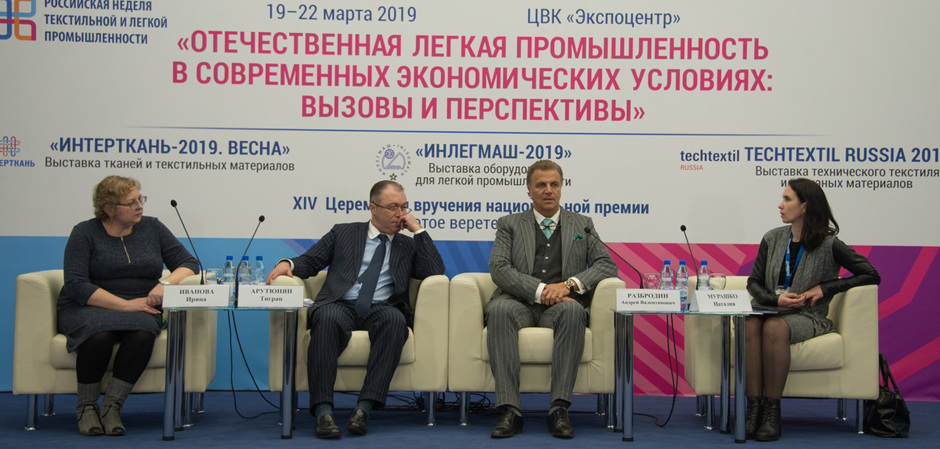
Issues of industrial cultivation and processing of technical hemp were also discussed at the forum. In the next 3–5 years in Western and Eastern Siberia, it is planned to increase the area under this crop from the current 20 thousand hectares to 90–100 thousand hectares. But many issues of legal regulation of textile and, in general, industrial hemp farming have not yet been resolved, including within the framework of the EAEU.
Details about the conference can be read at ссылке.
The Russian Textile and Light Industry Week is taking place these days at the Expocenter on Krasnaya Presnya. Business events will continue on March 20–22.
Source: Soyuzlegprom


